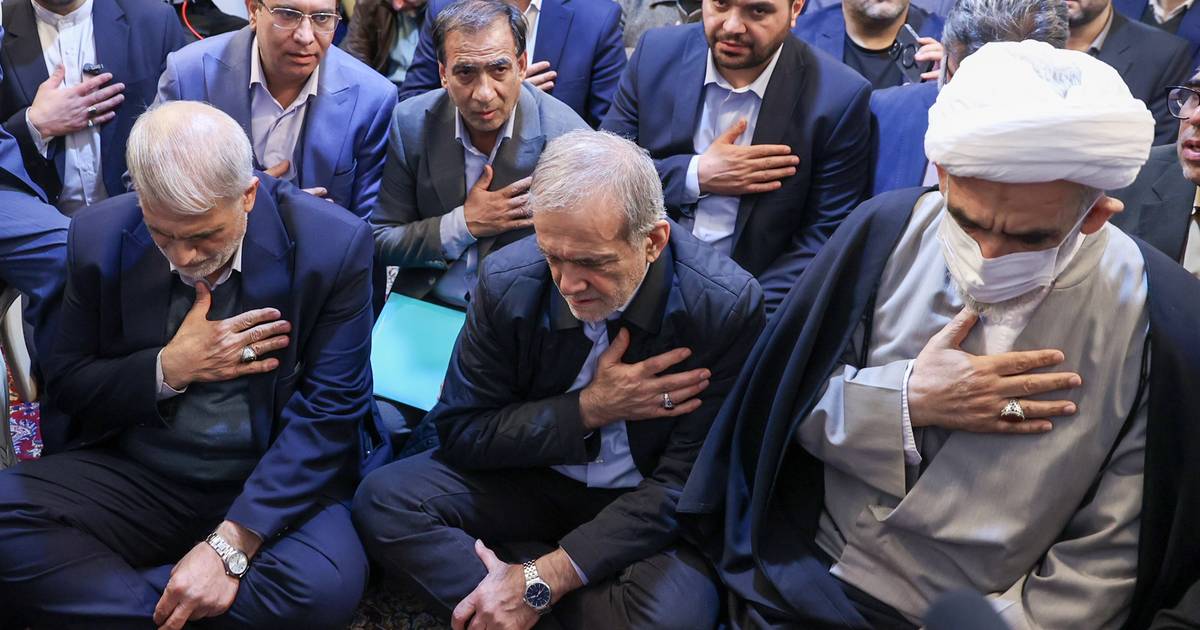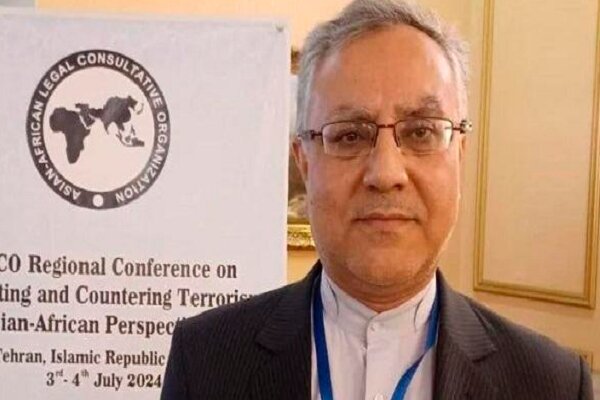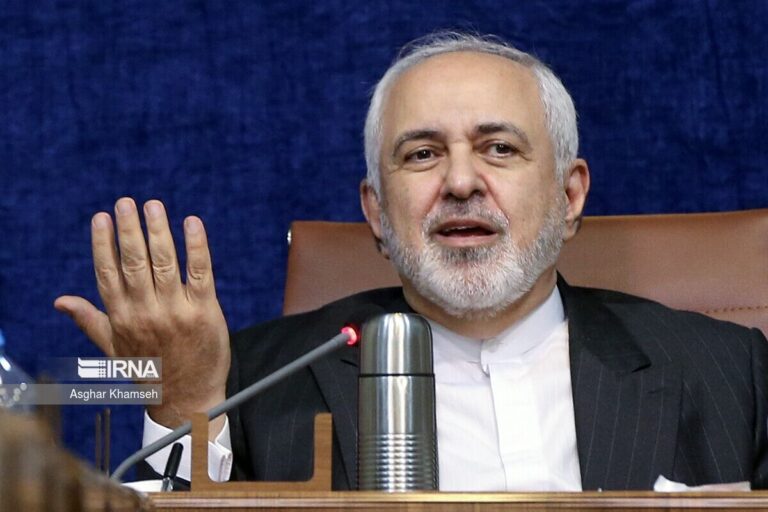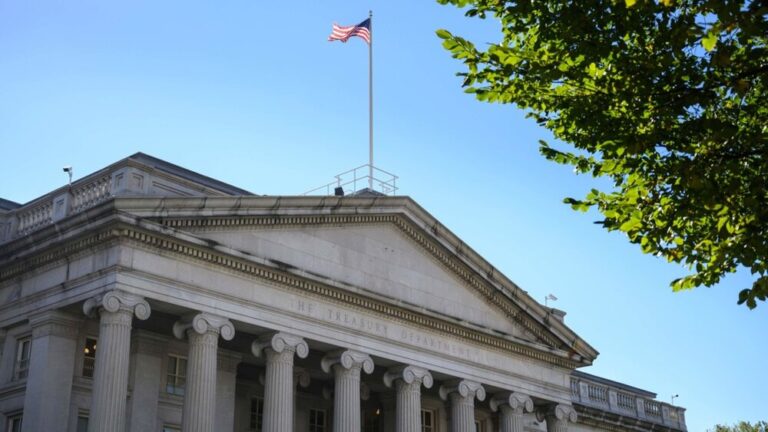Iran’s President Urged to ‘Harakiri’ Amid Soaring Inflation Crisis, Analyst Claims
In a recent commentary published in the Etemad newspaper, Iranian analyst Abbas Abdi made a provocative suggestion regarding President Masoud Pezeshkian’s handling of the country’s rampant inflation. Instead of seeking scapegoats, Abdi implied that the president should consider a more drastic approach, one steeped in the traditions of Japanese culture. The comments have sparked significant debate on the underlying causes of inflation in Iran.
During a meeting focused on the persistent issue of rising prices, President Pezeshkian posed the question: “Whose collar should I grab for the rising prices?” This inquiry prompted Abdi to respond with a sharp metaphor, suggesting that rather than pointing fingers at others, the president should consider a form of ritual suicide known as hara-kiri. It is essential to clarify that his remark was not a literal suggestion for the president to end his life, but rather a clever play on words that highlighted the absurdity of seeking blame in a complex economic situation.
Abdi’s commentary emphasizes that the root causes of inflation are tied to the government’s broader monetary policies, which have persisted across multiple administrations. He argued that the core of the inflation problem lies in the declining value of money rather than merely focusing on the high prices of goods. In his view, the crucial question should be: Why is the value of money decreasing?
He elaborated on his perspective, drawing a parallel between the government’s economic policies and the act of debasing currency, akin to mixing gold with copper to dilute its value. Abdi stated, “Who does this? The government.” He firmly believes that the rising prices cannot be attributed to individual actions but are a consequence of systemic issues within the government’s economic framework.
Here are some key points from Abdi’s analysis:
- Excessive Spending: Abdi attributed the devaluation of currency to the government’s habit of overspending beyond its income capabilities.
- Inefficiency: He criticized the low efficiency of the government, which leads to a budget deficit.
- Unproductive Support: Abdi pointed out that the government allocates resources to entities that do not benefit the public, often causing more harm than good.
Moreover, Abdi took issue with the government’s reliance on price controls and the establishment of regulatory bodies. In his view, these measures are not only ineffective but also contribute to systemic corruption. He wrote, “In fact, governments turn to pricing to compensate for their wrong policies,” thus creating large regulatory bodies that impose substantial burdens on the nation’s economy.
To better understand the dynamics at play, Abdi urged the president to consult the central bank’s data regarding liquidity and production. He pointed out a significant discrepancy: while the money supply and liquidity under government control increased by around 35 percent last year, production only saw a maximum increase of 4 percent. This stark contrast raises critical questions about the effectiveness of current economic policies.
Abdi’s analysis serves as a stark reminder of the complexities surrounding inflation and the importance of addressing the root causes rather than seeking immediate scapegoats. As inflation continues to rise in Iran, the government faces mounting pressure to implement effective solutions that address both the symptoms and underlying factors contributing to the economic crisis.
In conclusion, the commentary by Abbas Abdi sheds light on the ongoing inflation crisis in Iran, emphasizing the need for a comprehensive review of the government’s economic policies. The call for introspection rather than scapegoating could pave the way for more informed and effective governance, ultimately benefiting the Iranian populace in the long run.
As the nation grapples with these pressing economic challenges, it remains to be seen how President Pezeshkian and his administration will respond to the criticism and what measures they will take to stabilize the economy.






